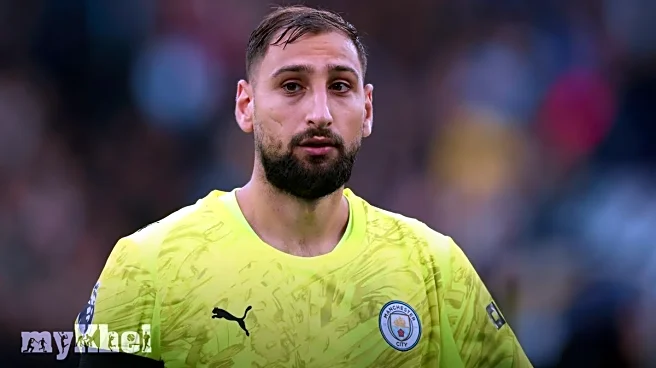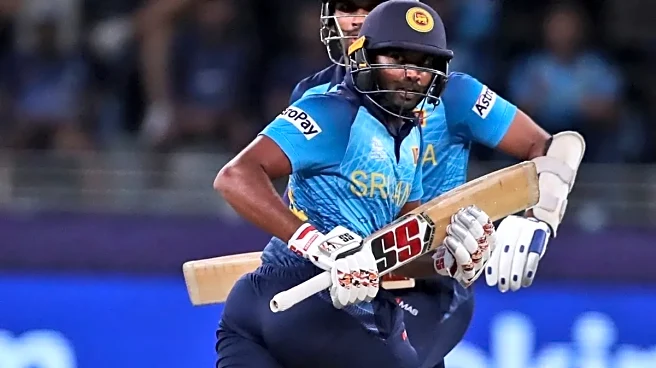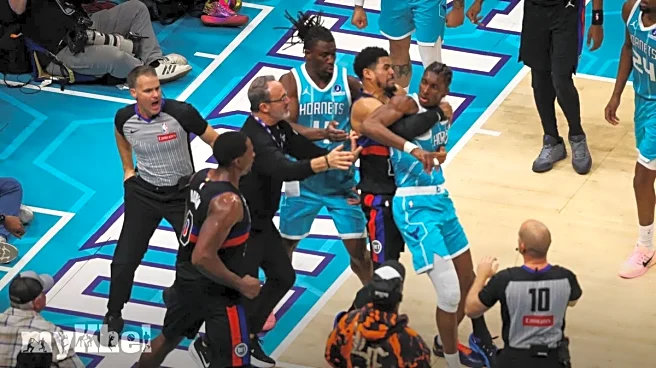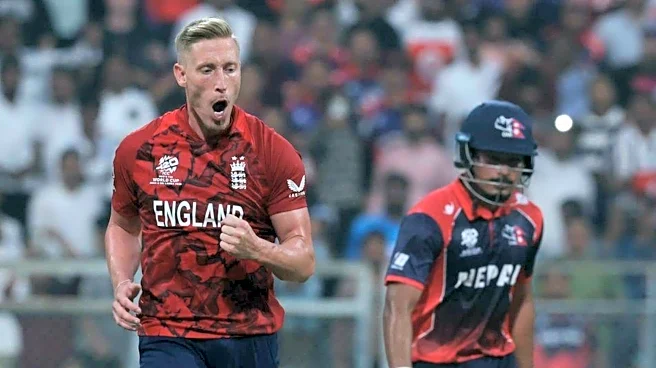Paris Saint-Germain's director, Luis Campos, has shed light on the circumstances surrounding Gianluigi Donnarumma's departure to Manchester City. The Italian goalkeeper, who joined PSG from AC Milan in 2021, made 104 Ligue 1 appearances and achieved 32 clean sheets. His impressive performance included saving 74.9% of shots faced in league matches.
Donnarumma's exit was influenced by his request for a salary aligned with PSG's previous structure, not the current one. Campos explained that the club prioritises merit-based compensation. "You earn more when you deserve it and when you play," he stated. Despite being the first player approached for an extension, negotiations stalled due to his demands.
The goalkeeper played a pivotal role in PSG's
first Champions League victory last season. He made crucial saves against teams like Arsenal and Aston Villa and excelled in a penalty shootout against Liverpool. However, during pre-season training, head coach Luis Enrique advised him to seek a new club.
Campos emphasised that PSG's policy now focuses on the collective rather than individual stars. "The club is more important than anyone," he told RMC. This shift means that no single player can disrupt the club's stability with unique demands. The decision regarding Donnarumma was part of this broader strategy.
Donnarumma debuted for Manchester City with a 3-0 victory over Manchester United under Pep Guardiola. Meanwhile, PSG is set to begin their Champions League title defence against Atalanta on Wednesday, while City faces Napoli the following day.
1 day before the return of the @ChampionsLeague! A chance to look back at our journey from last year. #PSGATA #UCL pic.twitter.com/Z7CaDc7acy
- Paris Saint-Germain (@PSG_English) September 16, 2025
Campos highlighted that discussions about Donnarumma took time as they sought solutions without reaching an agreement. The club remains committed to its policy where everyone adheres to the same salary structure, ensuring stability and fairness across the team.
This transition reflects PSG's evolving approach to team management and financial policies. By focusing on collective success rather than individual demands, they aim to maintain long-term stability and competitiveness in both domestic and international competitions.





/images/ppid_a911dc6a-image-177072008391720047.webp)

/images/ppid_a911dc6a-image-177072003668215260.webp)
/images/ppid_a911dc6a-image-177072016638512152.webp)
/images/ppid_a911dc6a-image-177072012220392505.webp)
/images/ppid_59c68470-image-177072004423273525.webp)

/images/ppid_59c68470-image-177072008151875294.webp)





